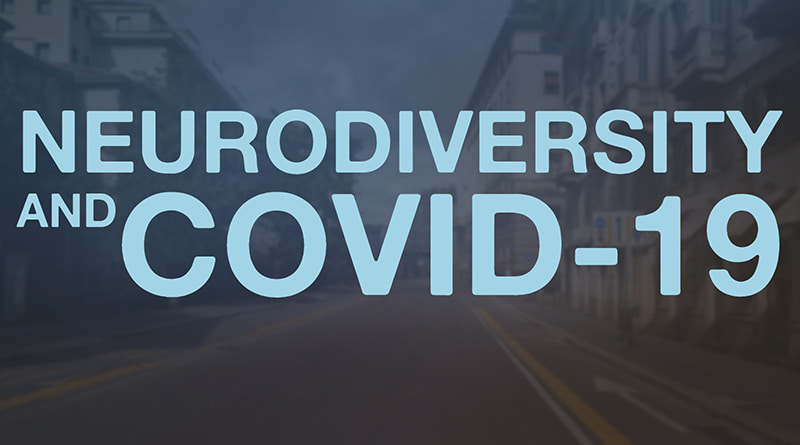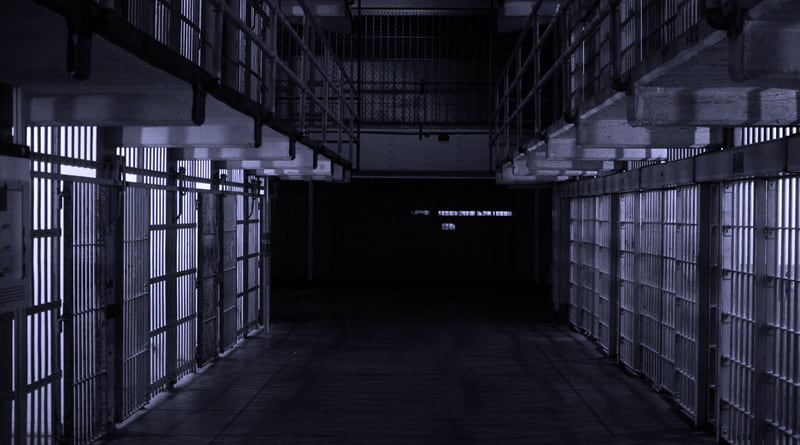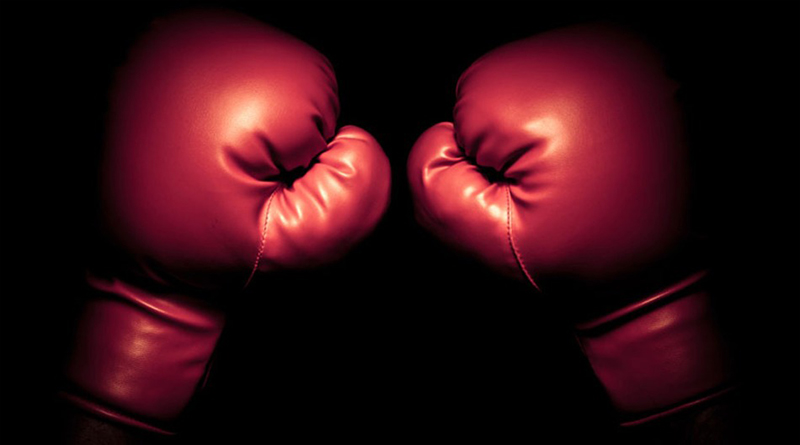
Muhammad Ali, Angelo Dundee, and Neurodiversity
There is much wisdom to be drawn from Muhammad Ali- such as believe in yourself, stand up for justice, help others, and work hard at your craft. But there is also a surprising lesson to be drawn from his life story— learn to appreciate neurodiversity and neuroplasticity, as did Ali’s legendary trainer and friend, Angelo Dundee.
Right from their first meeting in 1958, the brash young, supremely gifted boxer Cassius Clay and the veteran boxing trainer connected. From the first bell of their professional relationship, Dundee recognized that Ali was different both as a person and as a fighter.
Before he began working with Dundee, Ali was under the tutelage of Hall of Famer Archie Moore. But wise as Archie was, he could not stop himself from trying to force Ali into the mold of an orthodox boxer. It didn’t work. When Dundee took over the reins, no time was wasted in trying to change Ali’s inimitable style by trying to compel him to keep his hands up and plant his flash-dance feet to punch.
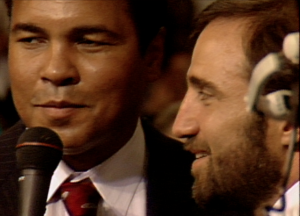
Dr. Hackie Reitman interviewing Muhammad Ali
As an amateur, Clay sparred with Dundee’s former champ, the slick Willie Pastrano. After the session, it was clear that Pastrano could not touch the youngster. Dundee could see that un-orthodox as it was, Ali’s style worked and the future Hall of Famer had the wisdom and flexibility of mind to realize – “why fix what ain’t broken.”
As their relationship matured, Dundee grasped that his fighter was as unorthodox as an individual as he was in the ring. The model for boxers at the time were Joe Louis and Rocky Marciano, that is, tough and humble, silent types. But that was not the “Louisville Lip.”
As the wins accumulated, the speed merchant with the glib tongue talked more and more. He was not restrained by Dundee. Instead, the press was given unprecedented access. Angelo got out of the way, and let the fighter speak for himself. And speak he did!
In the early 1960, professional boxing was on the canvas, but with Ali’s skill and showmanship he singlehandedly put the sweet science on it’s feet again.
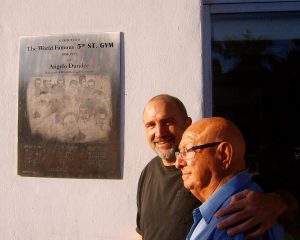
Dr. Hackie Reitman stands with Angelo Dundee next to a plaque honoring the 5th Street Gym
The Ali sparring sessions at the 5th St. Gym were unique. He’d spar with anybody, flit around the ring, hands down, dancing, throwing rapid fire punches while going backwards, breaking every rule in the traditional boxing book.
After defeating Sonny and winning the title in 1964, Ali converted to Islam. Not long afterwards, he famously refused induction into the armed services. Angelo stayed out of the way and let the universe unfold. He insisted, “I don’t get involved in my fighters’ religion or wives.” And when the Nation of Islam wanted Angelo Dundee fired, Muhammad Ali refused.
Ali’s different brain rewired itself as he matured. While the Ali of the mid-sixties sometimes hurled hurtful and hateful epithets, Angelo would assure everyone that Muhammad had a heart of gold. As Ali’s spiritual brain evolved into the 1990’s, he developed a peaceful philosophy of unity he would share this piece of wisdom: “It doesn’t matter what religion you are, if you’re a good person you’ll receive God’s blessing. Muslims, Christians and Jews all serve the same God. We just serve him in different ways… Anyone who believes in One God should also believe that all people are part of one family. God created us all. And all people have to work to get along.”
In the 1980’s Muhammad Ali developed Parkinsonism. This additional neurodiversity could not silence the man who had emerged as spokesman for world peace and a champion of the downtrodden. Everyone pays homage to Ali now, but let’s remember, what an exotic human being he was, and how easy it would have been to dismiss the strange package of his gifts. With the passing of the Greatest, let’s do our best to remember to embrace our differences and help each other.
Different Brains® Inc. founder Harold “Hackie” Reitman, M.D. is an author, filmmaker, retired orthopedic surgeon, former professional heavyweight boxer, the past chairman and president (and current board member) of The Boys and Girls Clubs of Broward County, and a neurodiversity advocate. However, it was his role as a father that led to the creation of the DifferentBrains.org website.
Hackie’s daughter Rebecca grew up with epilepsy, 23 vascular brains tumors, and underwent 2 brain surgeries before the age of 5. Her struggles and recovery put him on the road to, through 26 professional heavyweight boxing matches, raising money for children’s charities (to which he donated every fight purse).
Rebecca eventually went on to graduate from Georgia Tech with a degree in Discrete Mathematics, and Dr. Reitman wrote and produced a film based on her experiences there (The Square Root of 2, starring Darby Stanchfield of ABC’s Scandal). After graduation, Rebecca received a diagnosis of Asperger’s syndrome. Hackie, shocked at his own ignorance of the topic despite being an M.D., embarked on years of research that culminated with his book Aspertools: The Practical Guide for Understanding and Embracing Asperger’s, Autism Spectrum Disorders, and Neurodiversity (released by HCI books, publishers of the Chicken Soup for the Soul series).
This experience revealed to Hackie the interconnectedness of the conditions that fall under the neurodiversity umbrella, while alerting him to the in-fighting and fractured relations that often plague the organizations tasked with serving the community. Convinced that overcoming these schisms could help all of society, Hackie forged the Different Brains philosophy of inclusive advocacy: “Supporting Neurodiversity – From Autism to Alzheimer’s and All Brains In Between”.
In the company’s initial years of operation, Hackie self-financed all of the content on DifferentBrains.org, all of which offered free to view to the public. Currently he is the host of our weekly interview show Exploring Different Brains, writes blogs for the site, and tours the country speaking at conferences, conventions and private functions, all with the goal of improving the lives of neurodiverse individuals and their families, and maximizing the potential of those with different brains. Separate from Different Brains, Hackie is the founder and CEO of PCE Media, a media production company focusing on reality based content. He recently co-executive produced the documentary “Foreman”, the definitive feature documentary on legendary boxer and pitchman George Foreman.

